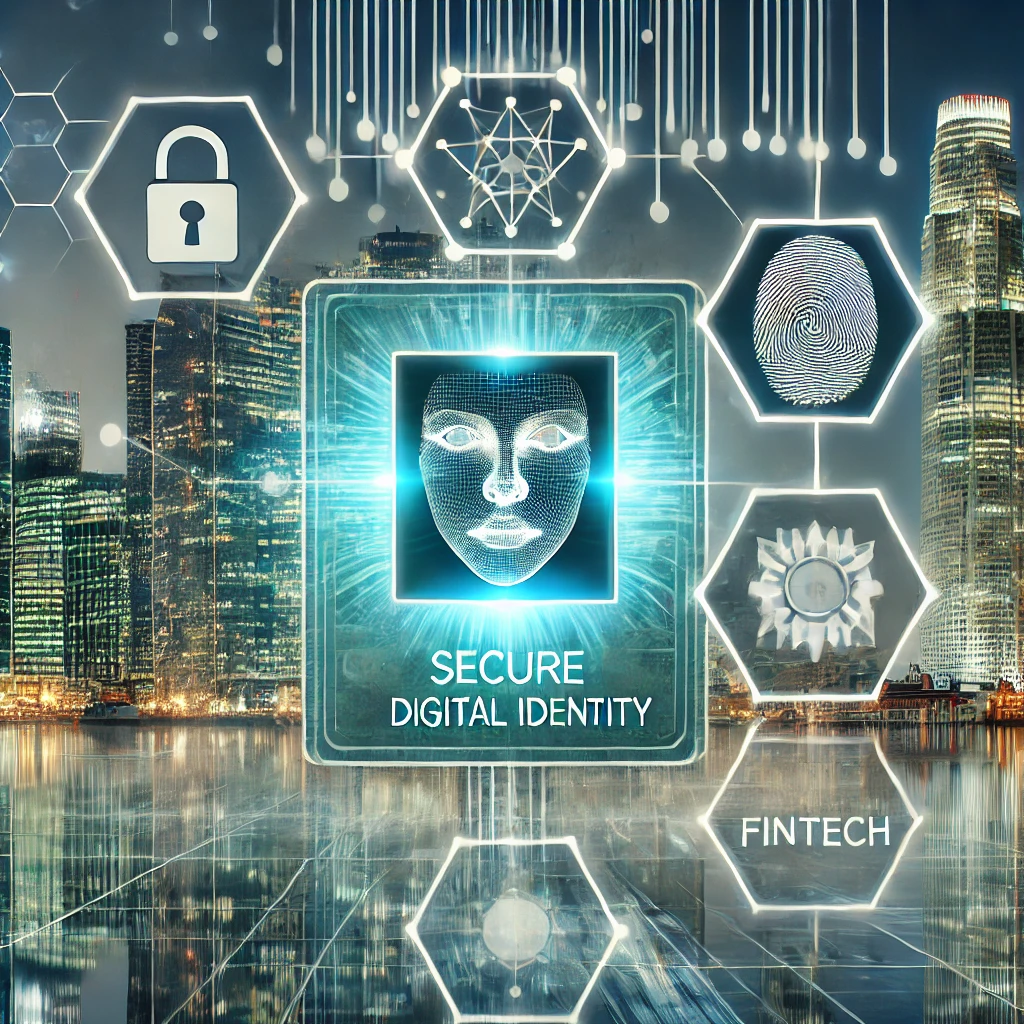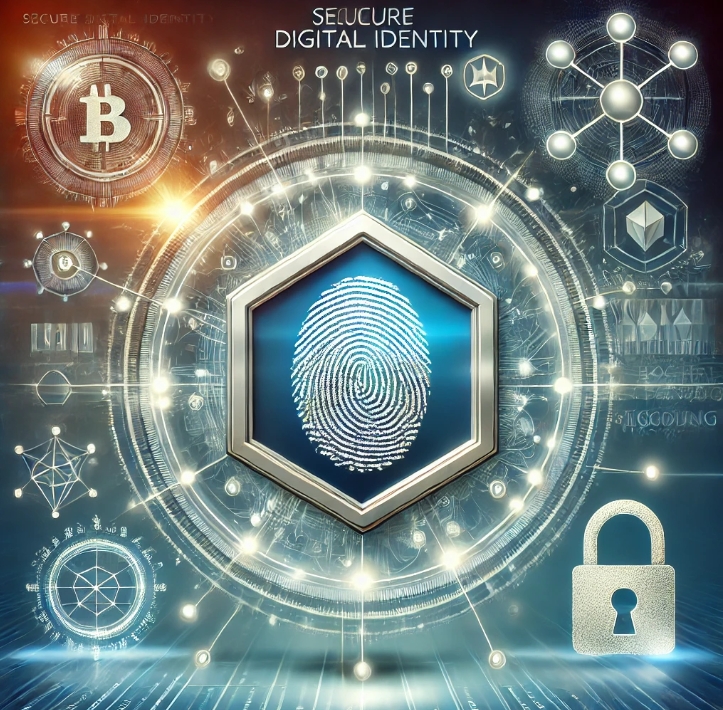- Fintech depends on secure digital identity to combat fraud and foster trust.
- Blockchain and AI are revolutionizing identity verification and reducing fake accounts.
In an increasingly interconnected world, secure digital identity has emerged as the backbone of innovation in fintech. As digital transactions and services continue to grow exponentially, so do the threats of fraud, fake accounts, and data breaches. Financial technology companies must adopt advanced security measures to ensure the trustworthiness and efficiency of their platforms.
This article delves into the growing importance of secure digital identity, explores its role in the fintech sector, highlights transformative technologies like blockchain, and examines how companies are combating the rise of fake accounts and safeguarding “digital people” in virtual environments.
- What is secure digital identity in fintech?
- Why secure digital identity matters in fintech
- The role of blockchain in digital identity
- Pop quiz
- Biometric innovations in secure digital identity
- The rise of behavioral biometrics
- The challenge of fake accounts
- How companies are fighting back
- Future trends: Secure digital identity for digital people
- Why secure digital identity is the future of fintech
- Quiz answer
What is secure digital identity in fintech?
At its core, secure digital identity is the digital representation of an individual or entity, authenticated using advanced technologies like biometrics, encryption, and multi-factor authentication (MFA). Unlike physical IDs, these digital identities are designed for seamless integration into online services, providing secure access to sensitive data and platforms.
In the world of fintech, secure digital identity ensures smooth onboarding, prevents fraudulent activities, and complies with regulations such as Know Your Customer (KYC) and Anti-Money Laundering (AML). It’s the linchpin for trust between users and platforms.

Also read: Improving digital security: The critical role of data encryption
Why secure digital identity matters in fintech
1. Preventing fake accounts and fraud
One of the biggest challenges fintech platforms face is the proliferation of fake accounts. These accounts are often used for money laundering, phishing scams, and fraudulent transactions. Secure digital identity solutions powered by AI and blockchain are designed to detect and eliminate fake accounts, ensuring platform integrity.
2. Building trust in digital people
In the age of virtual interactions, “digital people” represent online personas that depend heavily on secure digital identities. Whether it’s a customer logging into a banking app or a virtual assistant conducting transactions, secure identities ensure the authenticity and safety of these interactions.
3. Meeting compliance standards
Governments and regulatory bodies worldwide mandate stringent identity verification processes for fintech companies. By implementing secure digital identity systems, these companies can streamline compliance, reduce risk, and avoid costly penalties.

Secure digital identity isn’t just about safety—it’s about trust. Without it, fintech innovation cannot thrive.
Jessica Han, a blockchain expert and author of The Identity Revolution.
The role of blockchain in digital identity
Blockchain technology has become a game-changer in the field of secure digital identity. Its decentralized nature allows for tamper-proof data storage and ensures that users maintain control over their information.
How blockchain works for identity verification
- Decentralized storage: Unlike centralized databases, blockchain stores identity data across a distributed ledger, reducing the risk of hacks.
- Transparency with privacy: Users can control access to their identity data, sharing only what’s necessary for verification.
- Immutable records: Once data is stored on the blockchain, it cannot be altered, ensuring authenticity.
Also read: What is the difference between fintech and blockchain?
Pop quiz
What is the primary advantage of blockchain in secure digital identity?
A. Faster Transaction Speeds
B. Decentralized and Tamper-Proof Data Storage
C. Reduced Server Costs
D. Unlimited Data Access
(The correct answer is at the bottom of the article)
Biometric innovations in secure digital identity
Biometric verification is another cornerstone of secure digital identity in fintech. By using unique physical traits like fingerprints, facial recognition, or iris scans, fintech companies can ensure highly secure and convenient user authentication.
The rise of behavioral biometrics
Behavioral biometrics go beyond physical traits to analyze patterns like typing speed, mouse movement, and app usage. This adds an additional layer of security, making it nearly impossible for fraudsters to replicate user behavior.

The challenge of fake accounts
Fake accounts are a growing concern for fintech platforms. These accounts not only compromise user trust but also pose significant risks to compliance and operational efficiency.
How companies are fighting back
- AI-powered screening: Algorithms analyze user data to detect anomalies that indicate fraudulent activity.
- Blockchain identity systems: Prevent duplicate or fake accounts by using decentralized, verifiable credentials.
- Multi-factor authentication: Combines passwords with biometric or device-based verification for added security.
Fake accounts are the Achilles’ heel of fintech. Secure identity systems are our best defense.
David Liu, CEO of a leading AI-driven cybersecurity firm
Also read: Secure connect: Safeguarding data in a digital world
Future trends: Secure digital identity for digital people
As virtual environments grow, so does the need to protect digital people—whether they are human users or AI-driven entities like chatbots and virtual assistants. Fintech companies are exploring innovative solutions to authenticate and protect these “digital people.”
Emerging trends to watch
- Zero-knowledge proofs: Allow users to prove their identity without revealing sensitive information.
- Vein recognition: A next-gen biometric tool offering unparalleled accuracy.
- Universal digital IDs: Systems that work across borders and industries, simplifying global financial interactions.
Case study:
India’s Aadhaar program, the world’s largest biometric identity system, demonstrates how secure digital identity can empower billions. The system has provided access to banking services for millions of previously unbanked citizens.
Why secure digital identity is the future of fintech
The fintech industry’s reliance on secure digital identity will only grow as technology evolves. From combating fraud to enabling financial inclusion, secure identity solutions are pivotal in building resilient platforms. Companies that embrace these technologies can foster trust, drive innovation, and stay ahead of regulatory requirements.
Secure digital identity is not just a protective measure—it’s a catalyst for growth and transformation in the financial world.
Secure digital identity represents individuals or entities online, verified using biometrics, encryption, or blockchain.
It ensures trust, prevents fraud, and meets regulatory compliance, making digital transactions safer.
Blockchain provides decentralized, tamper-proof storage for identity data, enhancing security and user control.
By using AI-driven screening, blockchain systems, and multi-factor authentication.
Expect innovations like zero-knowledge proofs, vein recognition, and universal IDs to shape the future.
Quiz answer
B. Decentralized and tamper-proof data storage
